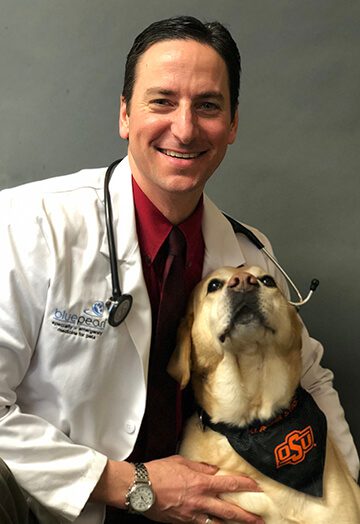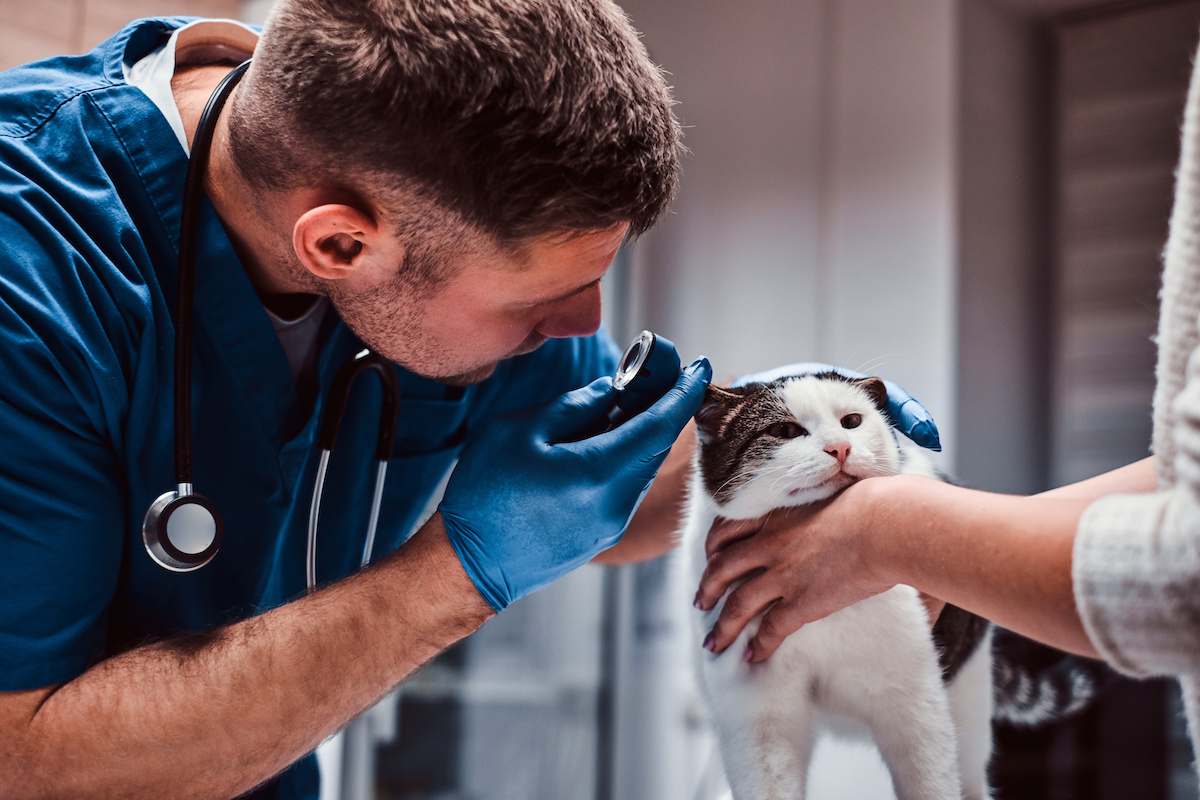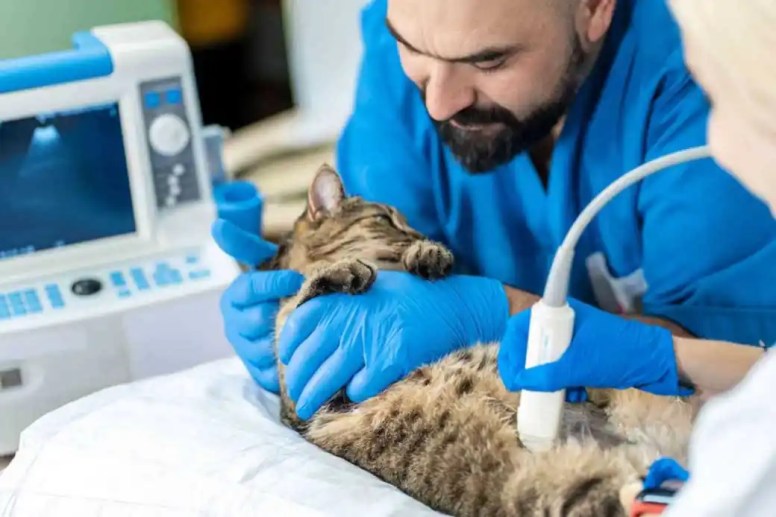The Duty of Pet Vaccinations in Preventing Serious Health Conditions for Your Pets
The Duty of Pet Vaccinations in Preventing Serious Health Conditions for Your Pets
Blog Article
Inoculation Standards From Your Trusted Veterinarian
Inoculation standards supplied by your trusted vet play a crucial duty in protecting your pet's wellness and health. Core injections are basic for all pets, while non-core vaccines can be customized to ecological direct exposures and particular lifestyles. Recognizing the nuances of inoculation routines, which begin as very early as six to 8 weeks, is necessary for ideal protection. In addition, resolving typical mistaken beliefs surrounding vaccines can additionally enhance animal owners' self-confidence in these safety nets. As we discover these crucial aspects, it becomes progressively clear why routine appointments with your veterinarian are essential for notified decision-making.

Relevance of Inoculations
Inoculations play an essential function in guarding pet dogs against a variety of preventable diseases. By promoting the immune system to recognize and fight certain virus, vaccinations dramatically decrease the occurrence of infectious illness that can influence a family pet's wellness and durability. Not just do inoculations protect individual animals, however they additionally add to herd immunity, thereby reducing the total occurrence of diseases in the pet population.
Prompt vaccinations help to minimize the spread of illness such as rabies, parvovirus, and distemper, which can have severe effects for both pet dogs and human beings. Vaccinations are commonly a requirement for boarding facilities, brushing solutions, and dog parks, making them necessary for those that wish to mingle their pets.

Core Vaccines for Pet Dogs
While the certain inoculation demands of family pets can vary based upon private variables, core vaccines are generally recommended to safeguard versus one of the most major and common diseases (Vet Enterprise). Core vaccinations are those deemed important for all family pets, despite their lifestyle or geographic area, as they guard against extremely contagious and possibly fatal health problems
For canines, the core vaccinations include those for canine distemper, parvovirus, adenovirus (liver disease), and rabies. Canine distemper is a viral illness that affects the respiratory, stomach, and nerves. Parvovirus is understood for creating extreme intestinal ailment, specifically in pups. Adenovirus can cause liver disease, while rabies is a zoonotic disease that positions a danger to both humans and animals.
In pet cats, core injections incorporate feline panleukopenia, feline calicivirus, feline herpesvirus (rhinotracheitis), and rabies. Feline panleukopenia is a very transmittable viral disease that influences the immune system and intestinal tracts. Calicivirus and herpesvirus are significant factors to upper respiratory infections in pet cats, while rabies continues to be a critical issue for public health.
Seek advice from your veterinarian to ensure your pet dogs receive their core inoculations on routine.
Non-Core Vaccines Explained
Non-core vaccines are customized to address details dangers related to an animal's setting, direct exposure, and way of living to specific diseases. Unlike core vaccines, which are universally suggested for all pets, non-core vaccines are thought about based upon private situations. These injections are particularly crucial for family pets that may encounter one-of-a-kind virus as a result of their geographical location, traveling practices, or tasks.
Examples of non-core vaccinations include those for Bordetella bronchiseptica, which is connected to kennel coughing, and Lyme disease, created by ticks. Pet dogs that often communicate with various other pets, such as those in boarding centers, dog parks, or brushing environments, may gain from Bordetella vaccination. In a similar way, if you live in a location where Lyme condition is common, immunizing versus this condition can be a sensible option for outdoor-loving dogs.
Various other non-core vaccines may consist of those for leptospirosis, canine flu, and feline leukemia, depending upon the details danger factors present. It is vital to have a comprehensive discussion with your veterinarian about your animal's way of life and the possible need for these injections, making sure a customized vaccination method that finest protects your furry close friend.
Vaccination Schedule Introduction

As pet dogs grow, it is essential to comply with the advised booster vaccinations. Vet Enterprise. For grown-up pets, core injections are usually given each to three years, depending on the particular injection and neighborhood regulations. Non-core injections may be recommended based upon lifestyle elements and local illness prevalence, necessitating a tailored method
Normal vet check-ups are important for updating vaccination routines. Your vet can provide guidance on one of the most suitable booster shots for your animal, considering age, health and wellness condition, and ecological threats. By remaining proactive and informed, animal proprietors can guarantee their hairy companions obtain prompt and reliable vaccinations, thereby safeguarding their health and wellness and well-being throughout their lives.
Common Myths About Vaccines
Misconceptions regarding pet inoculations can cause confusion and unwillingness amongst animal owners pertaining to the booster shot process. One common myth is that vaccines are unneeded for indoor pets. While it's true that interior family pets deal with reduced dangers, they are not entirely unsusceptible to diseases, as pathogens can be introduced with different means, consisting of human garments and various other animals.
Another misconception is that vaccines can trigger the diseases they intend to avoid. In truth, most injections have hop over to here inactivated or attenuated microorganisms, which can not create condition in healthy and balanced animals. Some pet dog proprietors additionally think that their pet dogs ought to not be immunized if they are already healthy and balanced; however, vaccinations are a click over here positive procedure that helps avoid the onset of ailment.
In addition, numerous family pet owners fear that vaccinations will lead to lasting wellness problems. While adverse effects can occur, they are short-lived and usually moderate. The benefits of vaccination-- securing pet dogs from potentially lethal illness-- much surpass the risks. Understanding these usual misconceptions is essential for accountable pet ownership and making certain the health and wellness of your furry companions. Always consult about his your vet for exact info customized to your pet's particular requirements.
Final Thought
In summary, adherence to inoculation standards is critical for ensuring the wellness and durability of pet dogs. Core vaccinations supply necessary security versus major diseases, while non-core vaccinations deal with details risks based upon private way of livings. Establishing a detailed inoculation routine, together with routine veterinary examinations, facilitates ideal health monitoring. Dispelling usual misconceptions surrounding inoculations even more strengthens the importance of educated decision-making in animal treatment. Ultimately, a proactive technique to vaccinations is vital for keeping animal health.
Not just do inoculations shield specific animals, but they also add to herd resistance, thereby lowering the total occurrence of conditions in the pet dog populace.
Mistaken beliefs about family pet vaccinations can lead to confusion and unwillingness among pet owners concerning the booster shot procedure. While it's true that indoor family pets encounter reduced risks, they are not completely immune to conditions, as pathogens can be introduced via different methods, including human clothes and other animals.
Some animal owners additionally think that their pet dogs must not be vaccinated if they are currently healthy; nonetheless, inoculations are a proactive step that helps protect against the onset of illness.
The benefits of vaccination-- securing pet dogs from potentially lethal diseases-- much exceed the threats.
Report this page